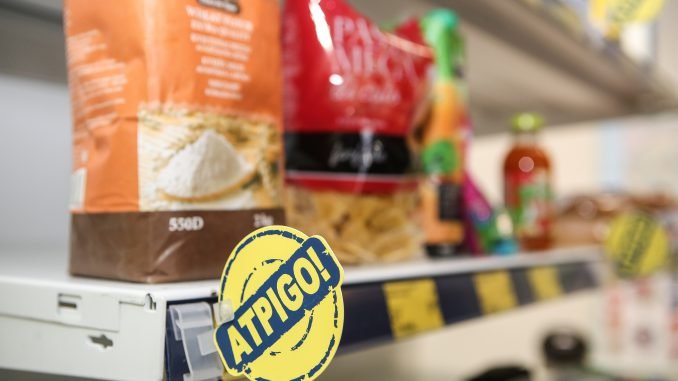
“There would a positive effect on the economy if price competition in the oligopolistic market intensified. We often see that there is no active competition in oligopolistic markets. However, there some good examples in Lithuania: intense competition among three telecoms services providers led to a situation where telecoms services are the cheapest in the European Union and this is of benefit to consumers,” he told BNS.
According to the economist, Maxima LT’s decision to cut prices could also be due to the German discount supermarket chain Lidl’s expected launch of operations in Lithuania in the near future.
“Looking at other sectors, we can say that one or several market players inclined to compete on prices may change the functioning of that sector and create benefit for consumers,” he said.
Žilvinas Šilėnas, president of the Lithuanian Free Market Institute, also thinks that Maxima LT’s decision shows that competition is effective.
“Even the biggest market player is feeling competition from smaller stores and is lowering prices because of that. Most probably, it is also feeling competition from Lidl, which has not yet opened [in Lithuania],” he told BNS.
Price reductions across the retail sector may cause a decline in inflation, but this will not have a negative impact on the economy, Šilėnas said.
Maxima LT said earlier in the day that it had cut prices, by 13 percent on average, for 1,015 most popular products, which account for around one-fourth of the chain’s turnover, and that it was thus foregoing around 10 million euros in revenue from retail markups.
The company said that the step was aimed at maintaining its position in the market.

Be the first to comment